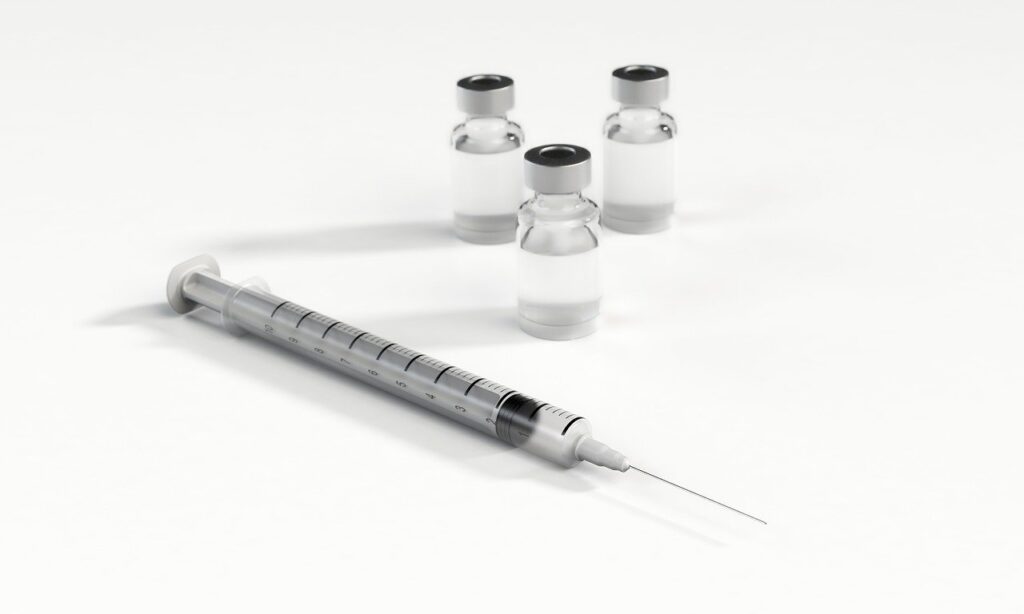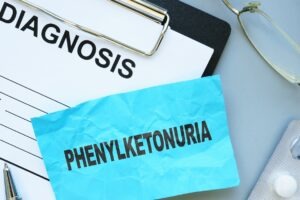The European Medicines Agency’s (EMA) Committee for Medicinal Products for Human Use (CHMP) has recommended marketing authorisation by the European regulatory authorities for Novo Nordisk’s anti-obesity medication Wegovy.

Wegovy injection is indicated for chronic weight management in adults with obesity. Credit: Arek Socha from Pixabay.
Subscribe to our email newsletter
The European Medicines Agency’s (EMA) Committee for Medicinal Products for Human Use (CHMP) has recommended marketing authorisation by the European regulatory authorities for Novo Nordisk’s anti-obesity medication Wegovy.
Wegovy (semaglutide) injection 2.4mg is indicated for chronic weight management in adults with obesity.
It is indicated for patients with an initial body mass index (BMI≥30 kg/m2) or overweight (BMI≥27 kg/m2) in the presence of at least one weight-related comorbid condition including high blood pressure, heart disease or type 2 diabetes.
Wegovy received the US Food and Drug Administration (FDA) approval and was launched in the country in June this year.
The CHMP’s decision is based on the data obtained from the STEP Phase IIIa clinical study, which was performed in people with obesity or overweight without type 2 diabetes.
The data indicated that the subjects who received Wegovy have lost an average weight of 17-18% over a 68-week period.
The most common adverse events observed is gastrointestinal.
Novo Nordisk Development executive vice-president Martin Holst Lange said: “With the unprecedented and sustained weight loss for an anti-obesity medication, Wegovy has the potential to transform obesity management and help millions of people living with obesity.
“We are looking forward to driving change for people with obesity by introducing Wegovy in Europe next year.”
The company expects to receive European Commission’s final marketing authorisation in about two months and launch the medicine in the second half of next year.
Wegovy received approval from the UK Medicines and Health products Regulations Agency (MHRA) in September this year.
In July this year, Novo Nordisk signed a definitive purchase agreement to acquire Prothena’s clinical stage antibody PRX004 and broader ATTR amyloidosis programme for $1.2bn.
 Advertise With UsAdvertise on our extensive network of industry websites and newsletters.
Advertise With UsAdvertise on our extensive network of industry websites and newsletters.
 Get the PBR newsletterSign up to our free email to get all the latest PBR
news.
Get the PBR newsletterSign up to our free email to get all the latest PBR
news.

